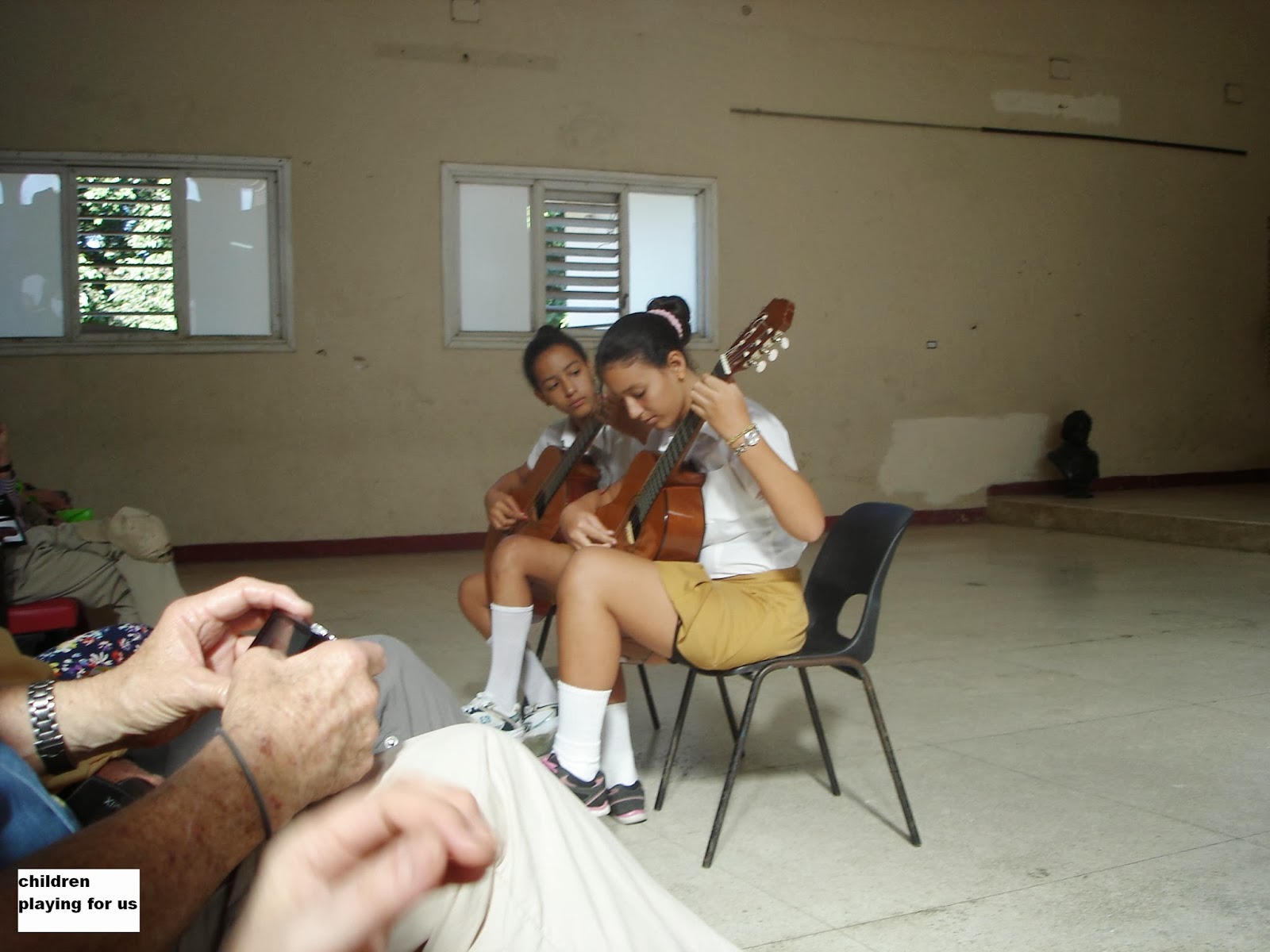Having lived and traveled internationally, I had been watching for an opportunity to explore a new area of the world when I read in the WMSC blog last fall about a group initiated within the Sunrise Senior College (Down East Maine) to tour Peru (including Macho Picchu) and Ecuador (including the Galapagos Islands) the last half of January. As I researched the details, I was attracted to the elements of learning and discovery (similar to those reported by Bonnie Marien in a recent blog about Cuba travel) by connecting with local people through guided school, home, and market visits. Unlike Bonnie, when I committed to the trip, I didn’t know any of the people I would be traveling with. No problem; with only 15 of us, we quickly became friends.
Several highlights for me are worth noting. I loved the physical and mental challenges of following the Inca Trail on a strenuous climb up to the Sun Gate at Machu Picchu, and I welcomed the flexibility that tour participants could choose alternative experiences when more appropriate to their interests and abilities. One of my favorite memories of the trip is interacting through music with the youth of a special needs school as they performed their songs and dances for and with us. In the Galapagos, our naturalist introduced us to a new world of trusting wildlife (they trusting us, and we trusting them), including taking us snorkeling with sharks (granted, not much more than a foot long).
Some tour participants have already signed up for another Overseas Adventure Travel's tour to Africa, spotlighting a safari in the Tanzanian Serengeti National Park next February. If you're interested and would like more information contact Sunrise Senior College member Etta Abrahams (etta1225@gmail.com).
Whether through Overseas Adventure Travel, who offered my trip, Road Scholar, some other travel agency, or a self-created tour, I think it would be great to make group travel a part of WMSC’s future. Please talk with me or others on the program committee if you have a vision of a great adventure, whether nearby or to distant lands.
To read more about this South American adventure in the March issue of the Maine Senior College Network Newsletter click on Sunrise and Friends' Adventure.
 |
| Experiencing Peruvian culture |
 |
| The market in Urubamba, Peru - just look at that nutritious color! |
 |
| Can't get enough of the awesome Incan mortarless stonework |
 |
| A real "high" light: A view of Machu Picchu from the Sun Gate |
 |
| Galapagos sea lions mellowing out |
 |
| Older residents of the Galapagos Islands |
 |
| Floral explosion on Galapagos farm |
photos by Kay Larson
For more
information about Western Mountains Senior College visit our website
at http://sad44.maineadulted.org/western_mountains_senior_college











